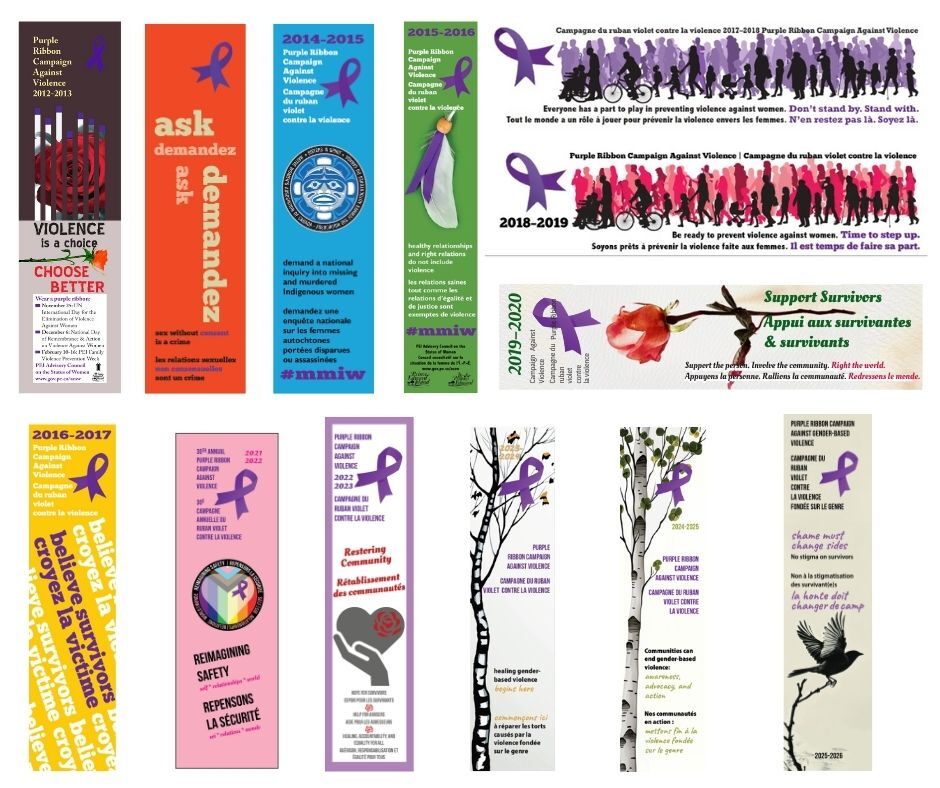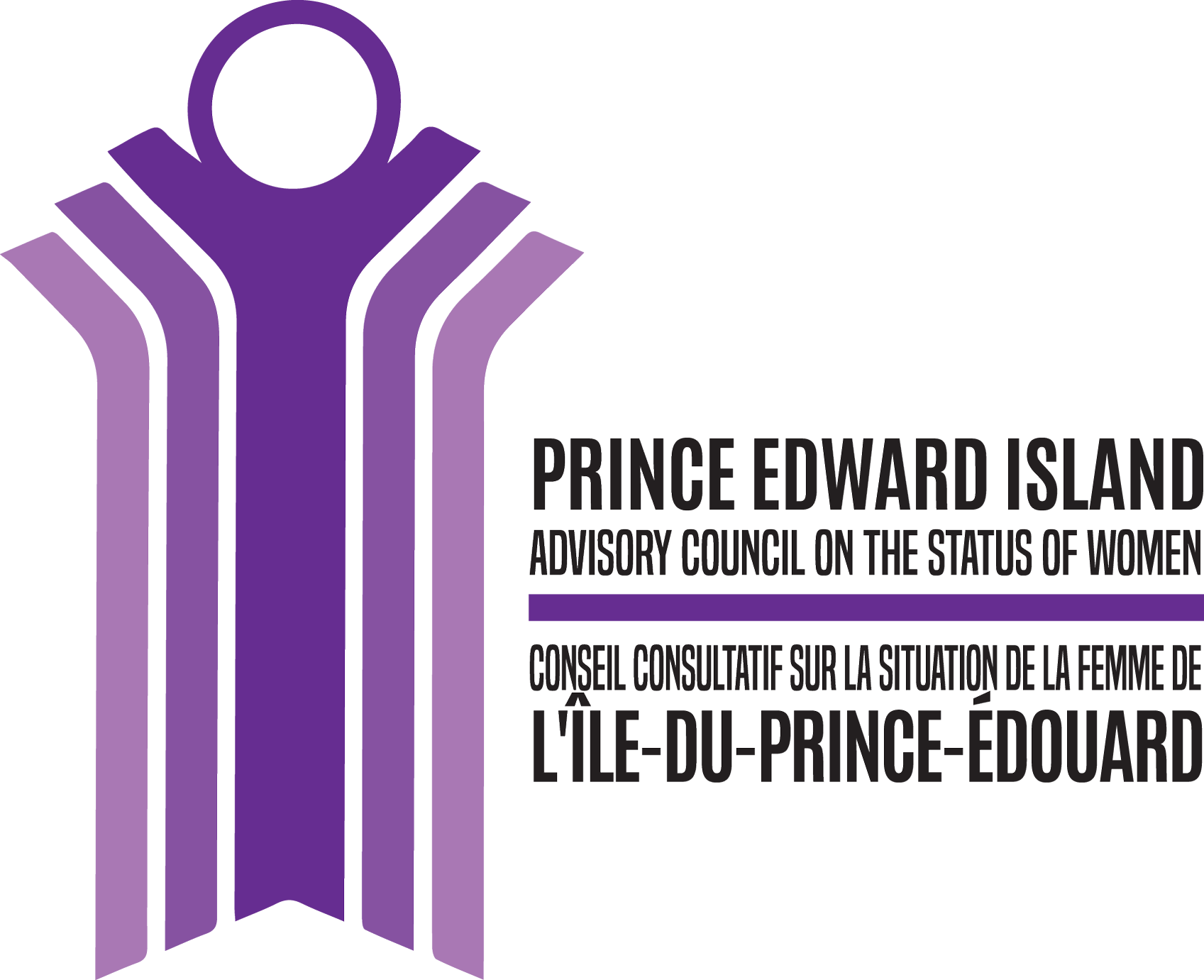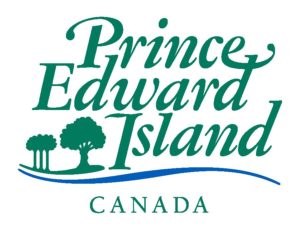The origins and need for the Purple Ribbon Campaign Against Violence Against Women arise from the horrific act of misogynistic terrorism in Canada known as the Montreal Massacre. In Montreal on December 6th, 1989, 14 women were murdered in a mass shooting targeting women, at l’École Polytechnique. The 25-year-old perpetrator began in an Engineering classroom, and after telling the men to leave he singled out and shot the women and continued through the school, before shooting himself. Today we recognize December 6th as The National Day of Remembrance and Action on Violence Against Women.
On December 11th, 1989, the Advisory Council, together with other women’s groups across the Island, organized a vigil to mourn the tragic massacre of those 14 young women in Montreal. The same year, the Province of PEI established an Inter-Ministerial Committee on Family Violence Prevention. In the first few years, the vigils were organized by the UPEI Women’s Centre and held on campus, outside the Engineering building.
In 1991, the PEI Advisory Council on the Status of Women initiated its first Purple Ribbon Campaign Against Violence. With the amazing help of the Women’s Institute volunteers, we began to pin thousands of purple ribbons onto bookmark cards. In 1995, Premier Catherine Callbeck appointed a Premier’s Action Committee on Family Violence Prevention (PAC) to coordinate the implementation of the provincial Family Violence Prevention Strategy. Council was able to produce 2,000 more cards and ribbons thanks to support from the Premier’s Action Committee on Family Violence Prevention. By 1997 the Purple Ribbon Campaign distributed cards and ribbons to civil servants, women’s groups, and members of the public. By 1998, that number rose to 8,000 purple ribbon cards. That number reached over 17,000 purple ribbon cards in 2022, but began to lessen in COVID years. Now, the number of purple ribbons distributed across PEI annually averages around 10,000.
Some of the previous years purple ribbon cards: 
In 2012, our multilingual posters became part of the Purple Ribbon Campaign, to make the Campaign more accessible to newcomers and immigrants to the Island. The multilingual posters include historic and some of the most widely spoken languages on the Island. We appreciate the generous help of translators from the Immigrant and Refugee Services Association (IRSA) PEI, and from Thirly Levi, one of the few Mi’kmaw language translators on PEI. You can click here to learn more about the multilingual posters and see a gallery of the previous years posters: https://peistatusofwomen.ca/2025/11/13/50-ways-brief-history-multilingual-prc-posters/
Through the years, we have also added buttons and temporary tattoos to our Campaign resources for distribution. This year we have expanded to include stickers featuring a symbolic sparrow taking flight, the same design as this years’ poster and ribbon cards. We have also created a number of resources for instructors that align with curriculum outcomes for students in grades 7-9 in Social Studies, Family Life, History, Civics, and Health classes. However, the posters and curriculum plans can be used to engage with people from early teens and up, in any setting. All resources are freely accessible to anyone who wants to use them.
The Purple Ribbon Campaign culminates in Advisory Council members and staff hosting the Montreal Massacre Memorial Service. It is held annually on December 6th (or the weekday closest) at Memorial Hall in the Confederation Centre of the Arts, where it has been held for more than 2 decades. We are grateful for the continued support and partnership with the Confederation Centre.
You can click here to learn more about this year’s campaign: https://peistatusofwomen.ca/2025/11/13/purple-ribbon-campaign-2025/


